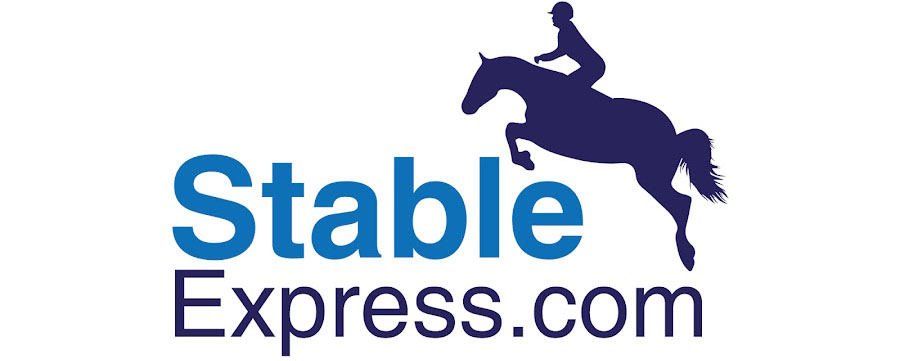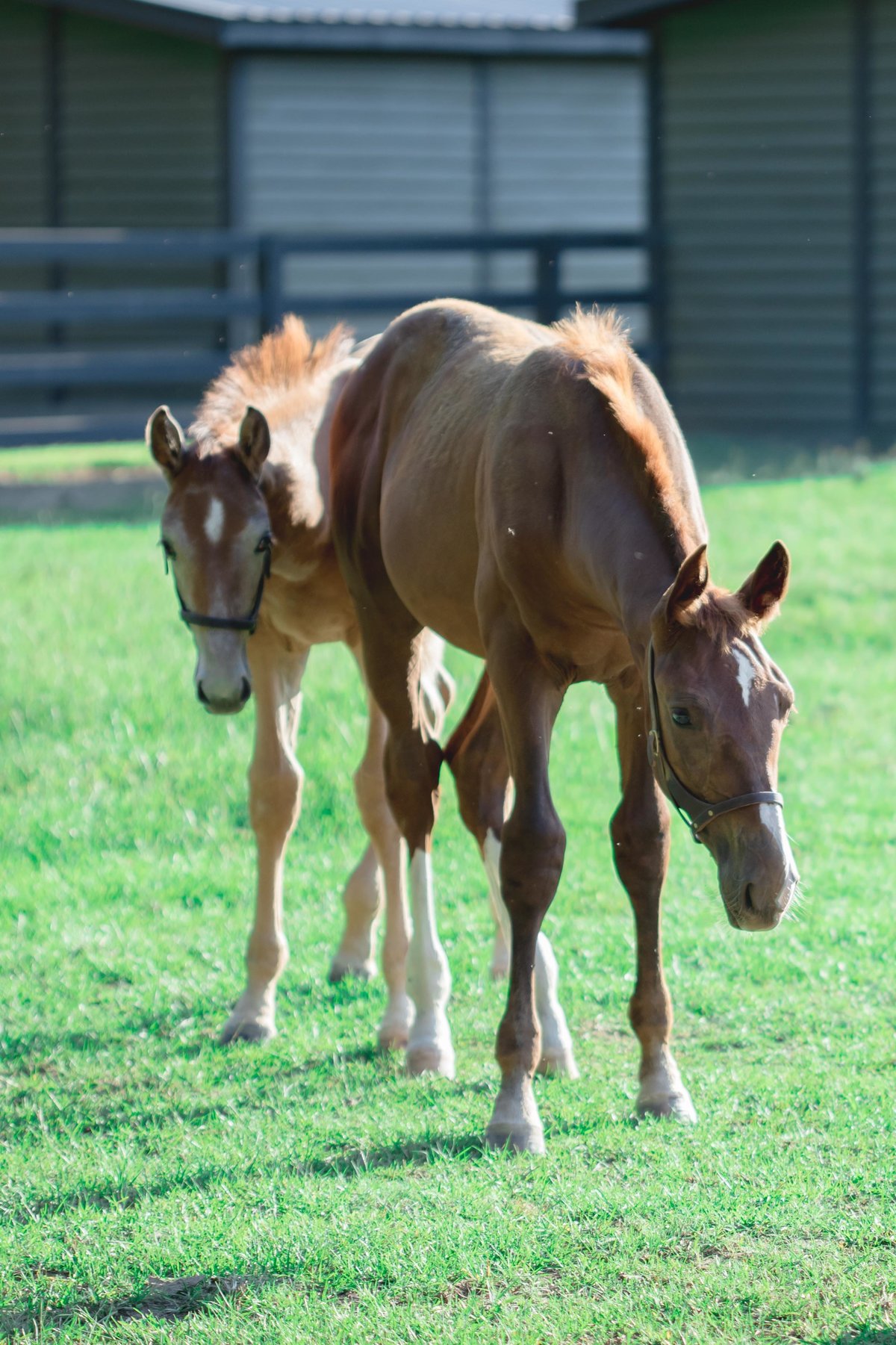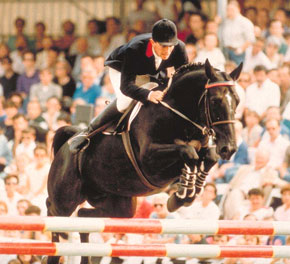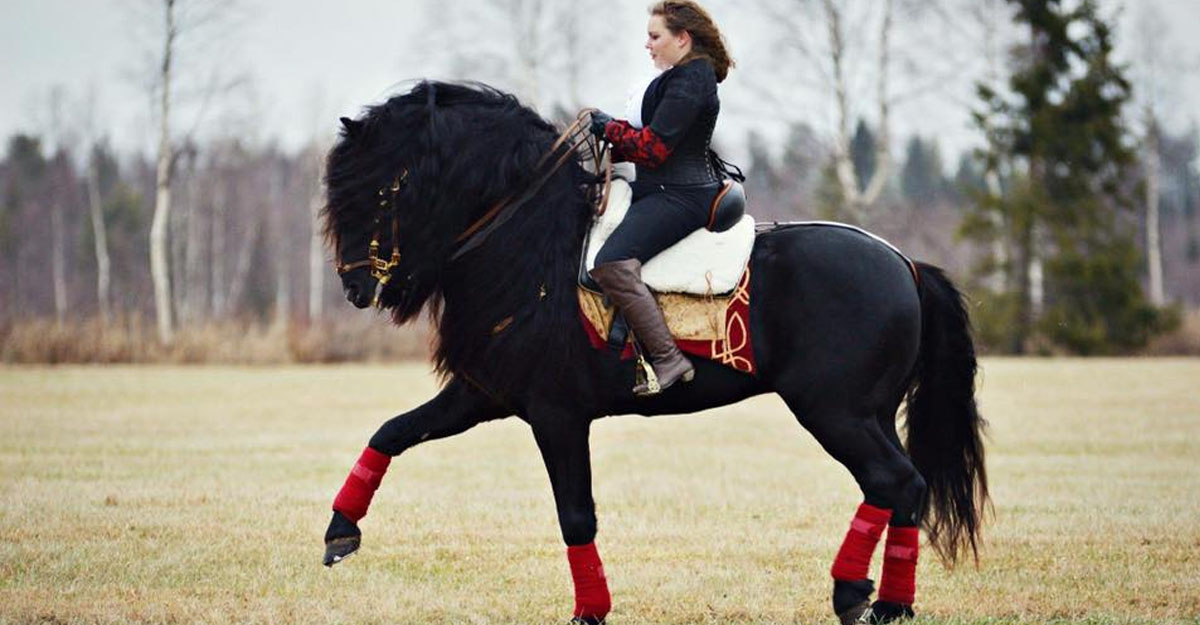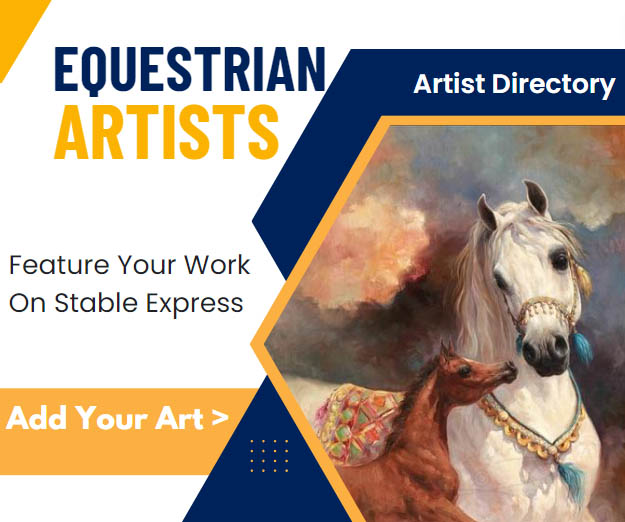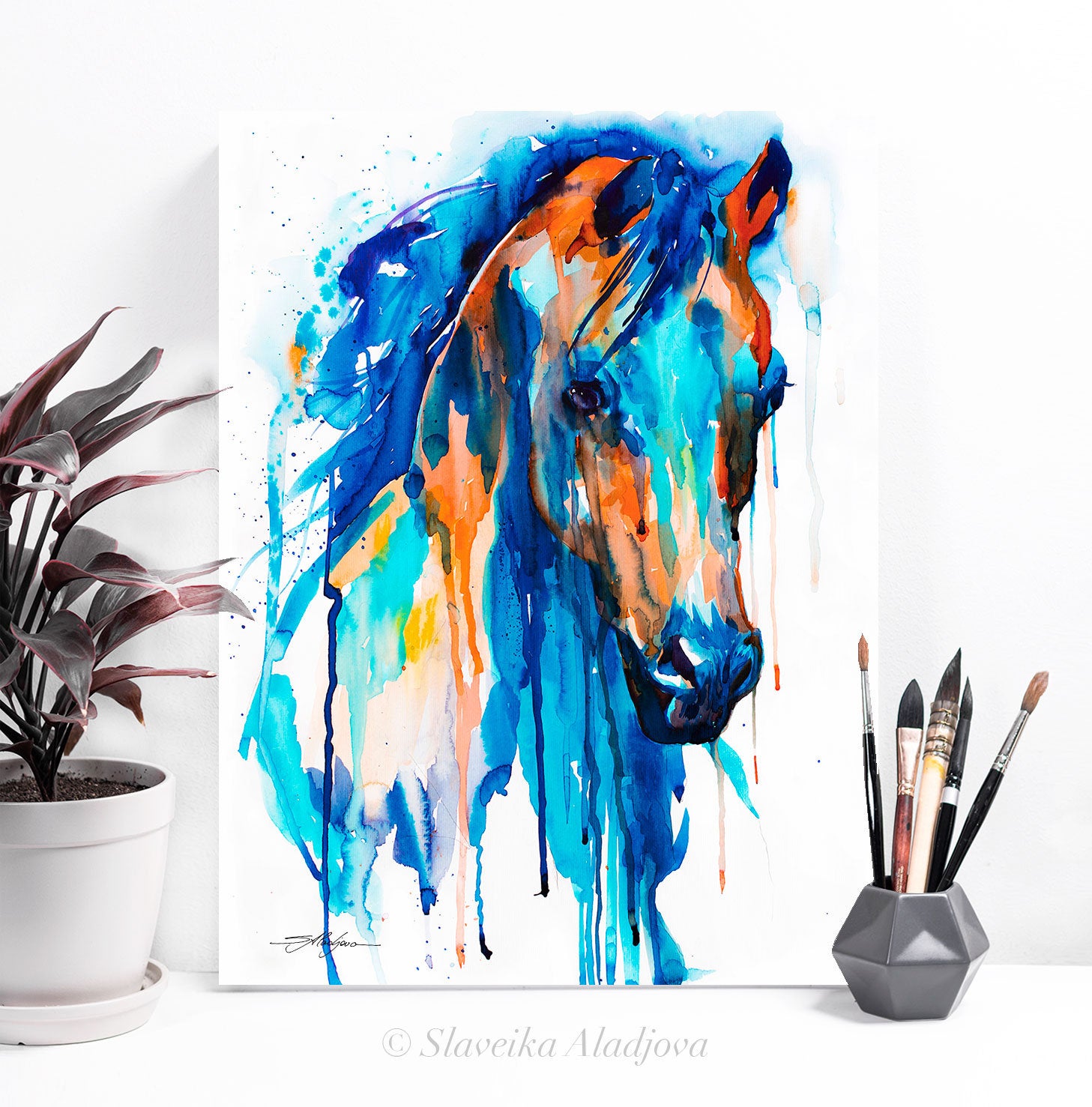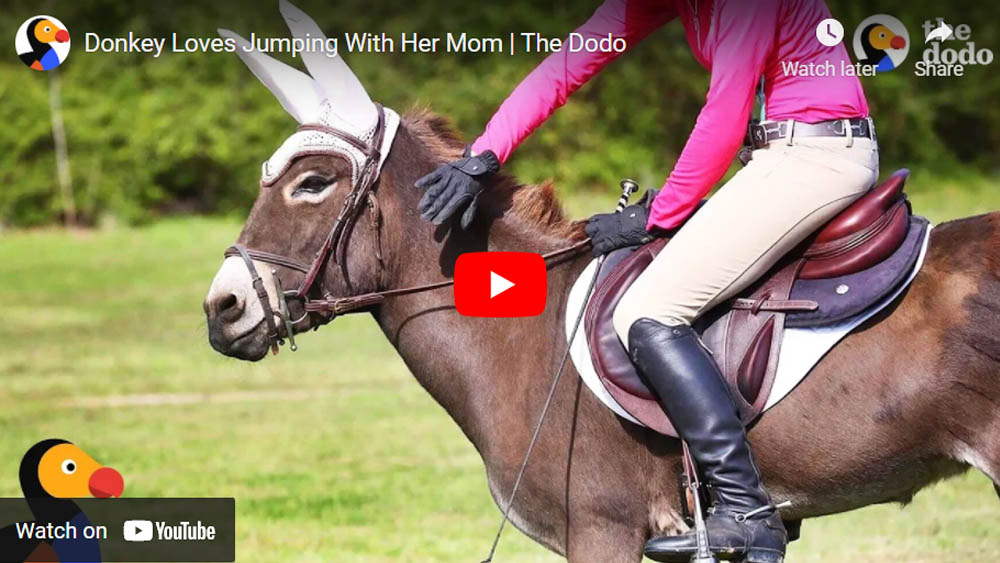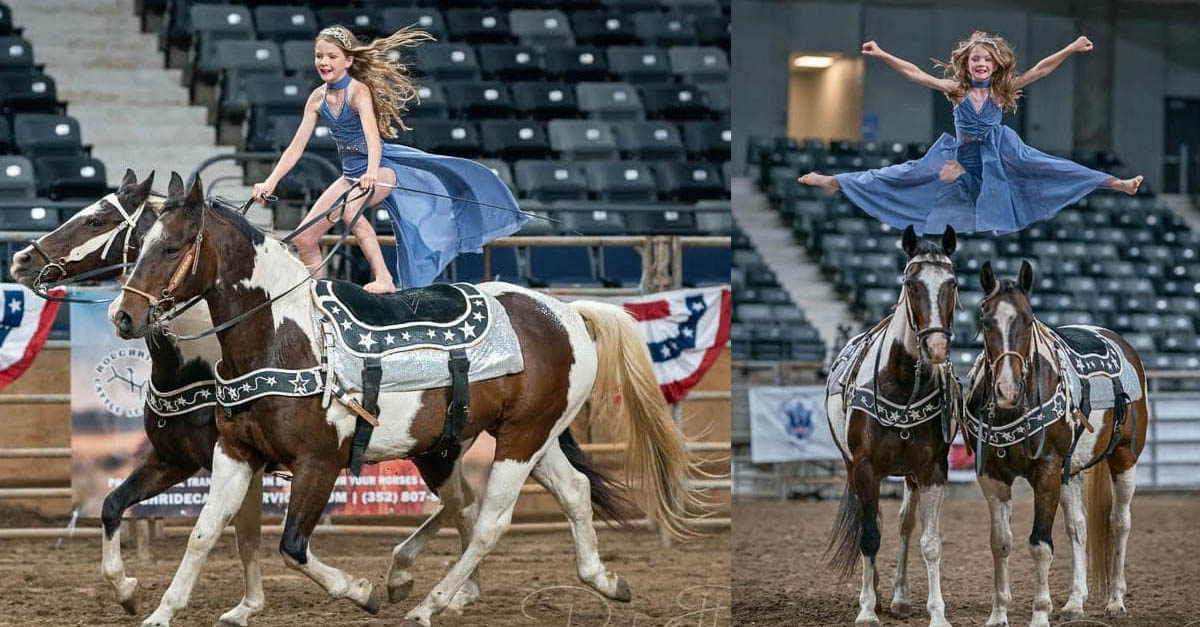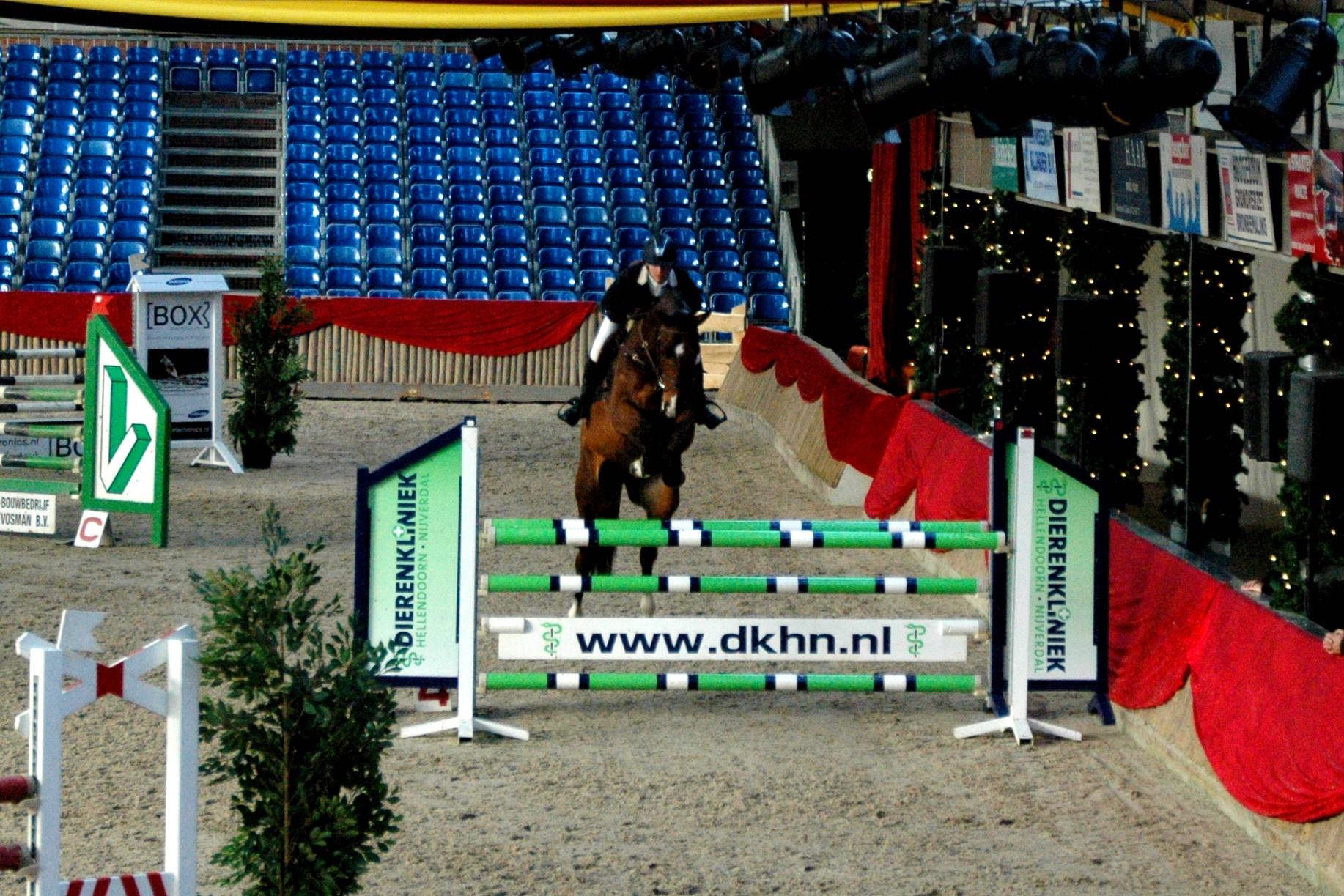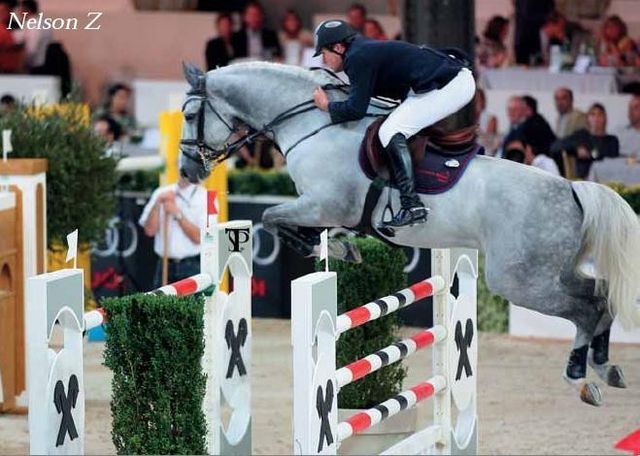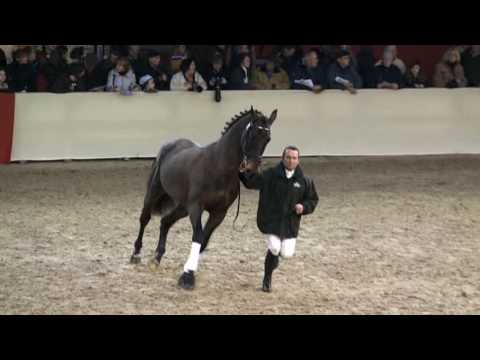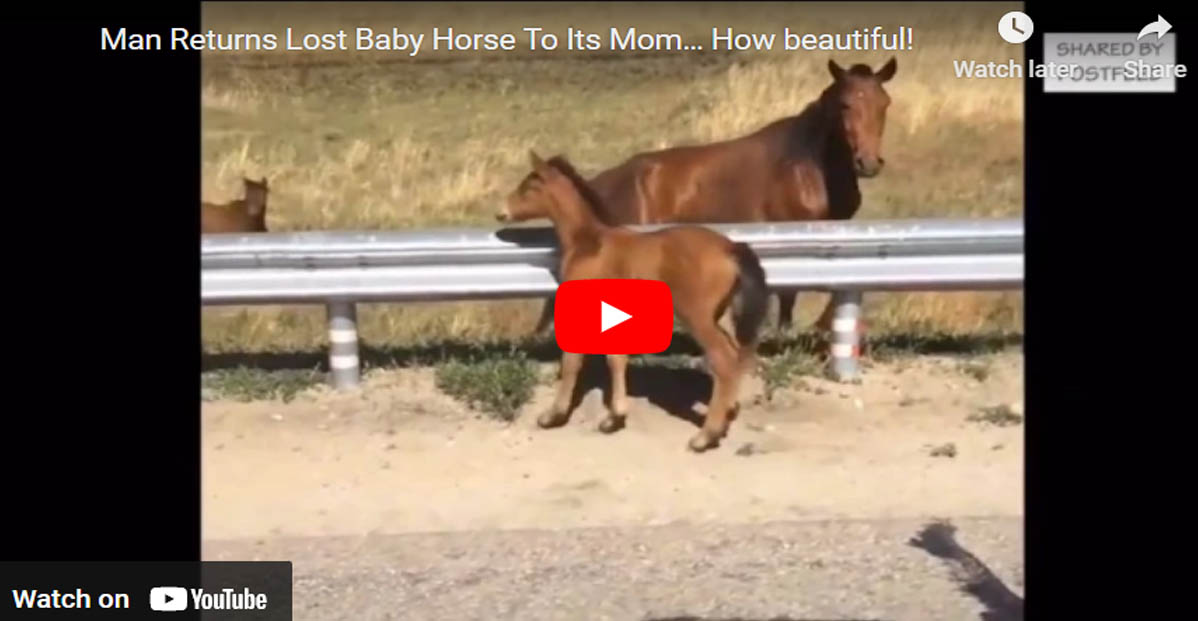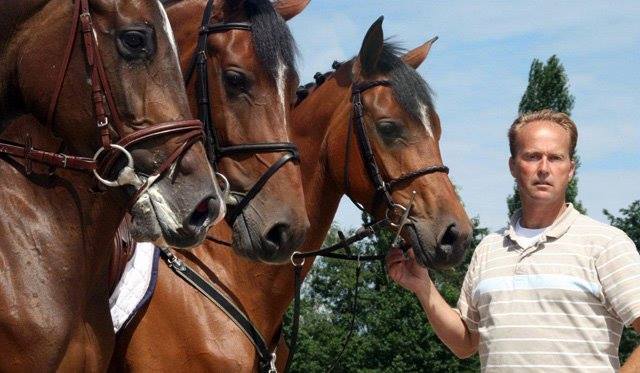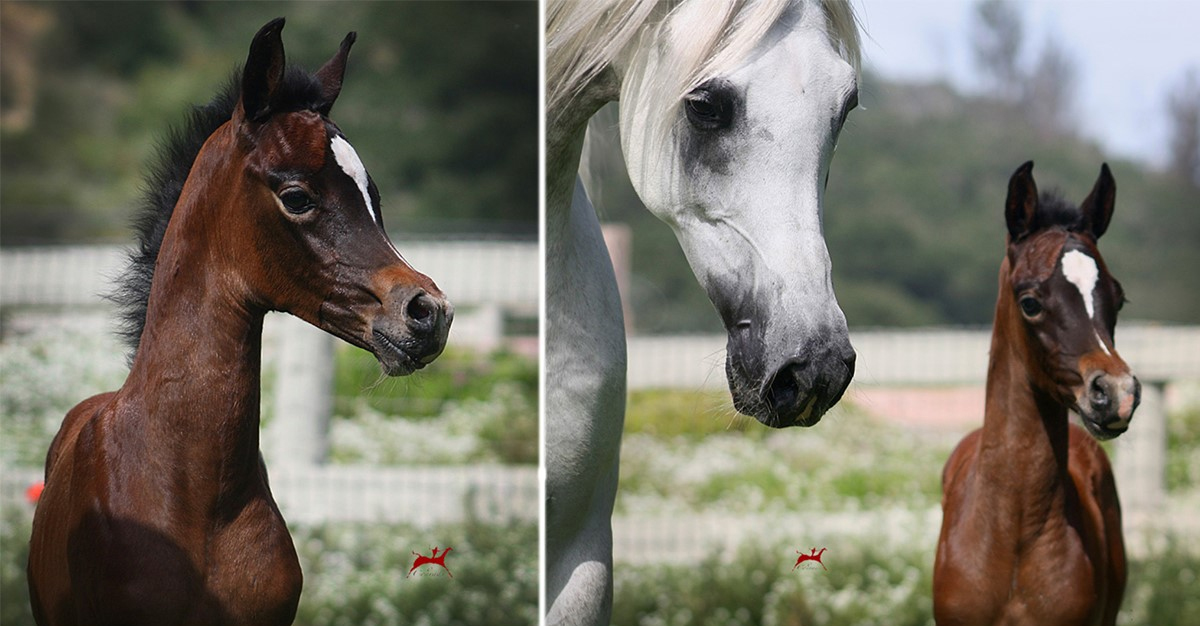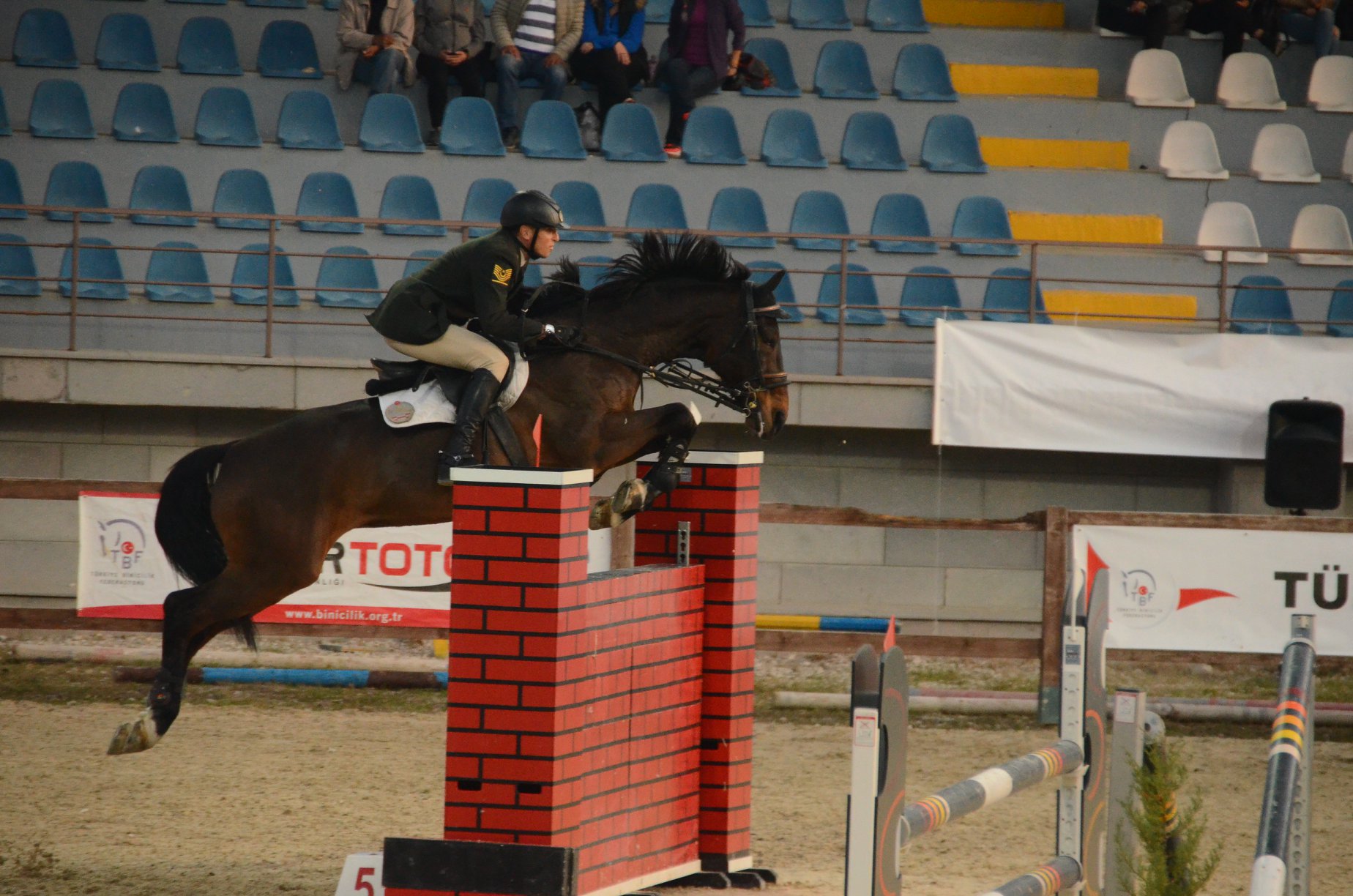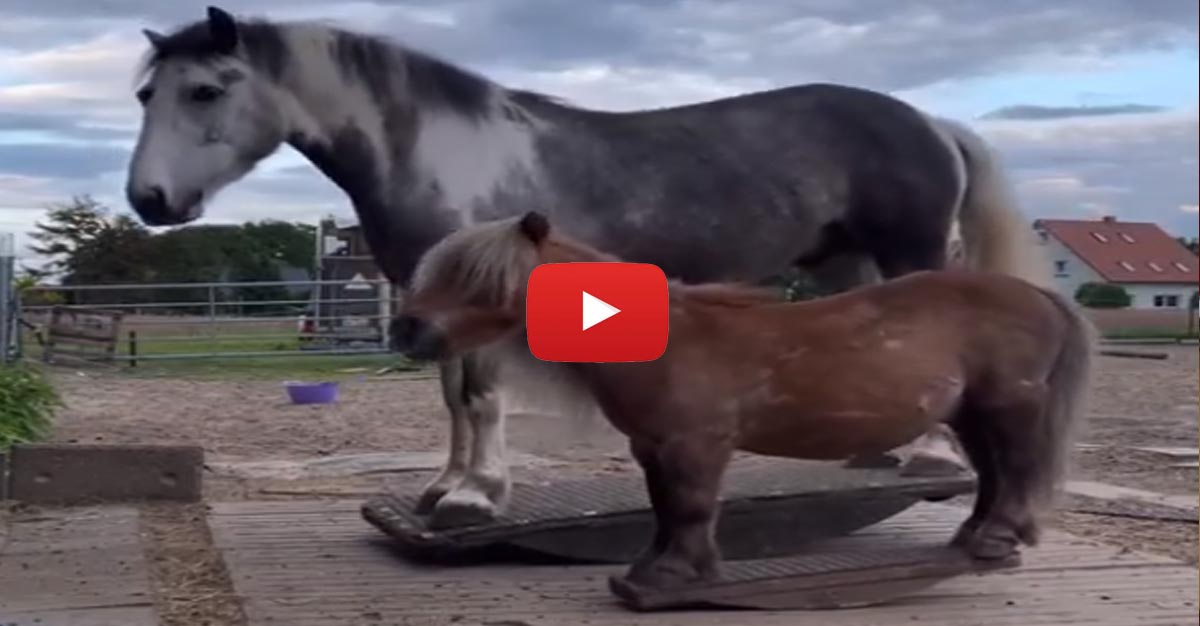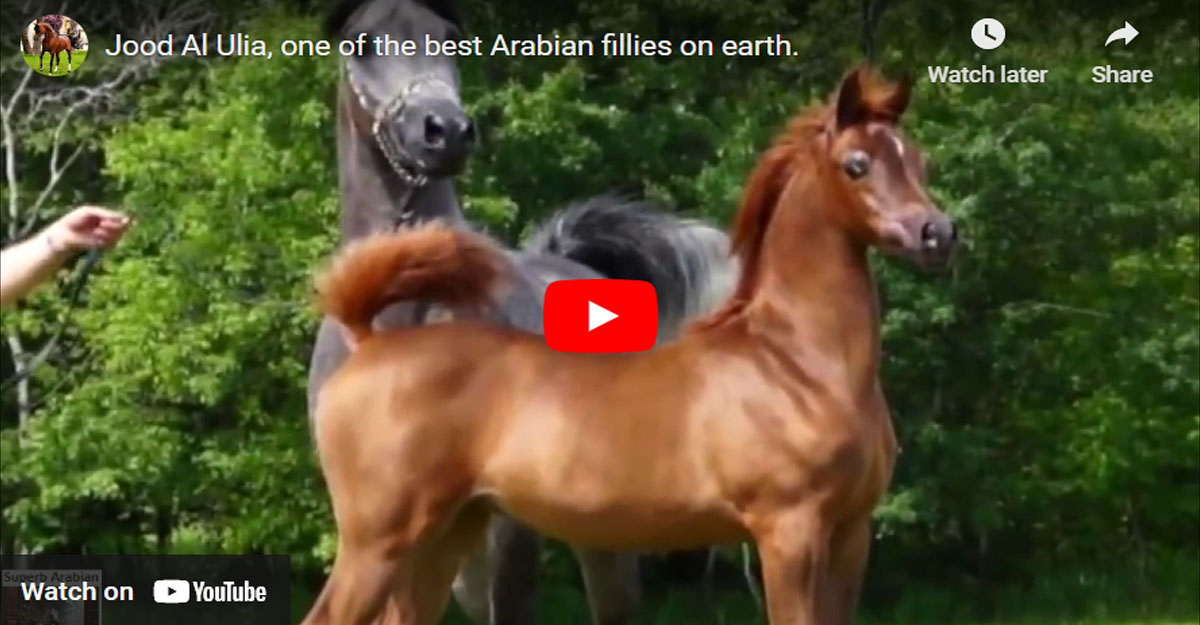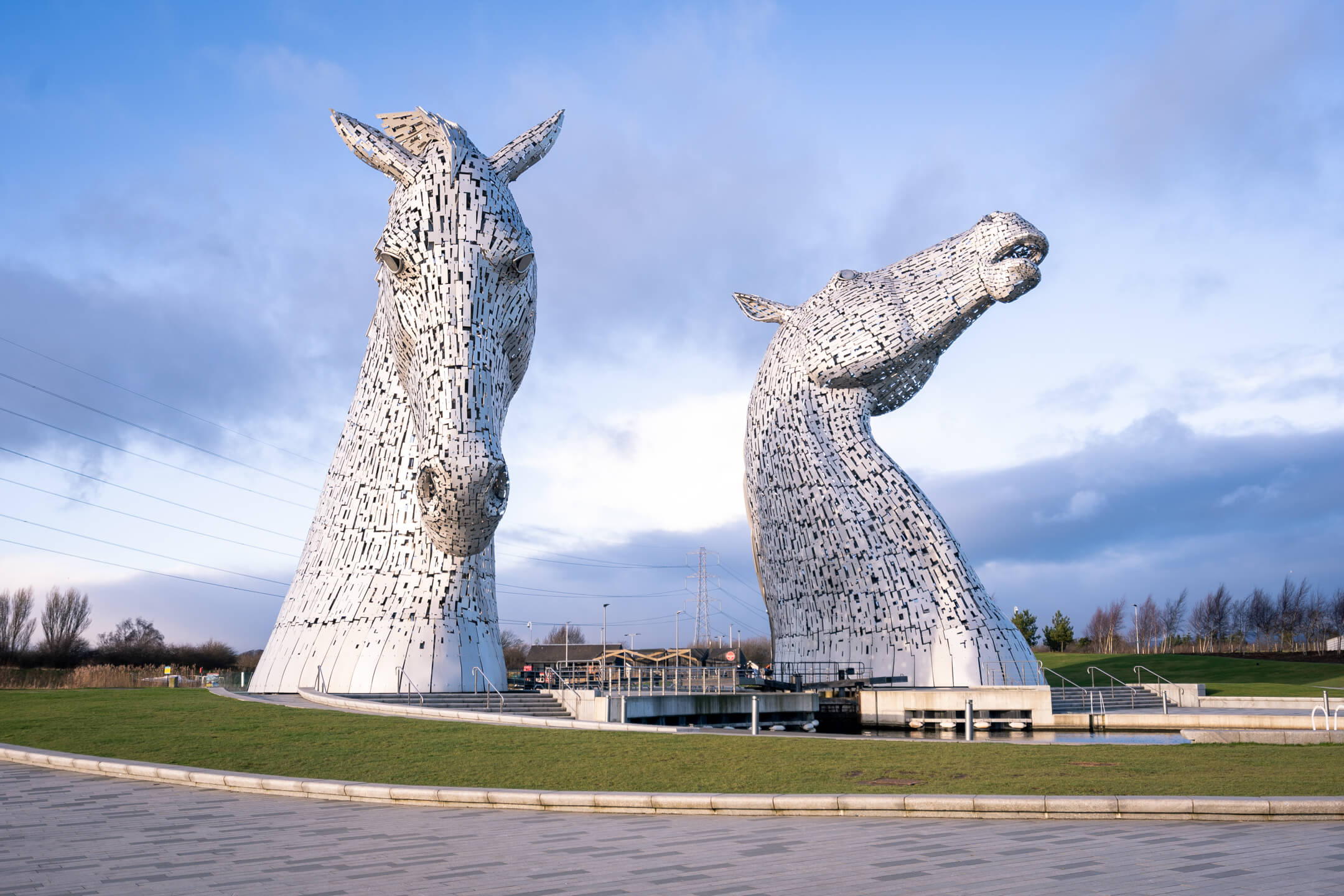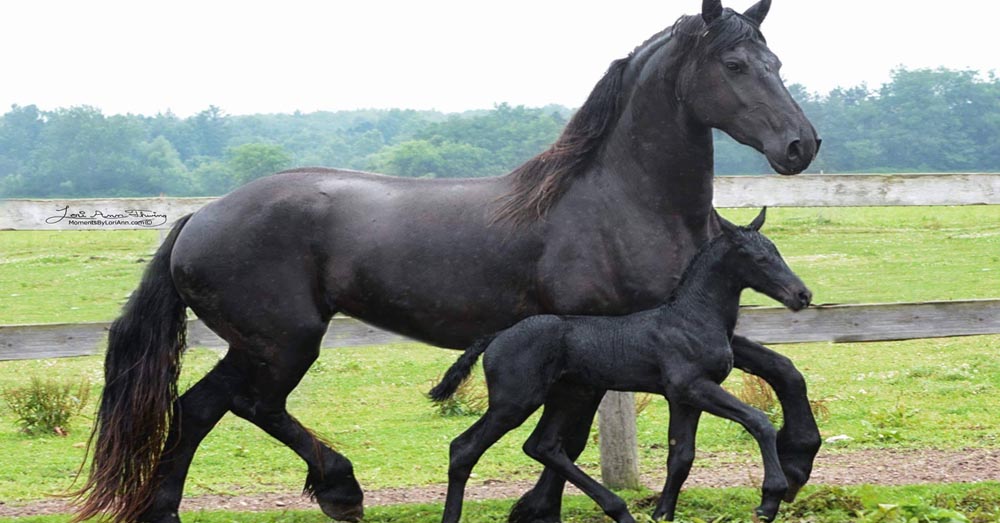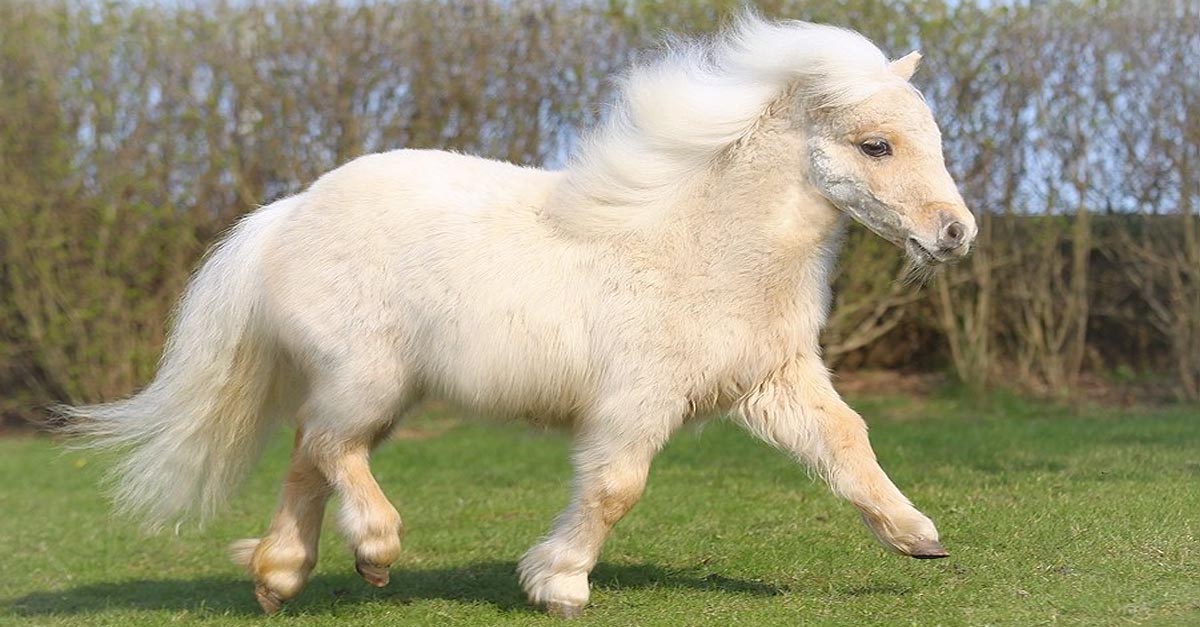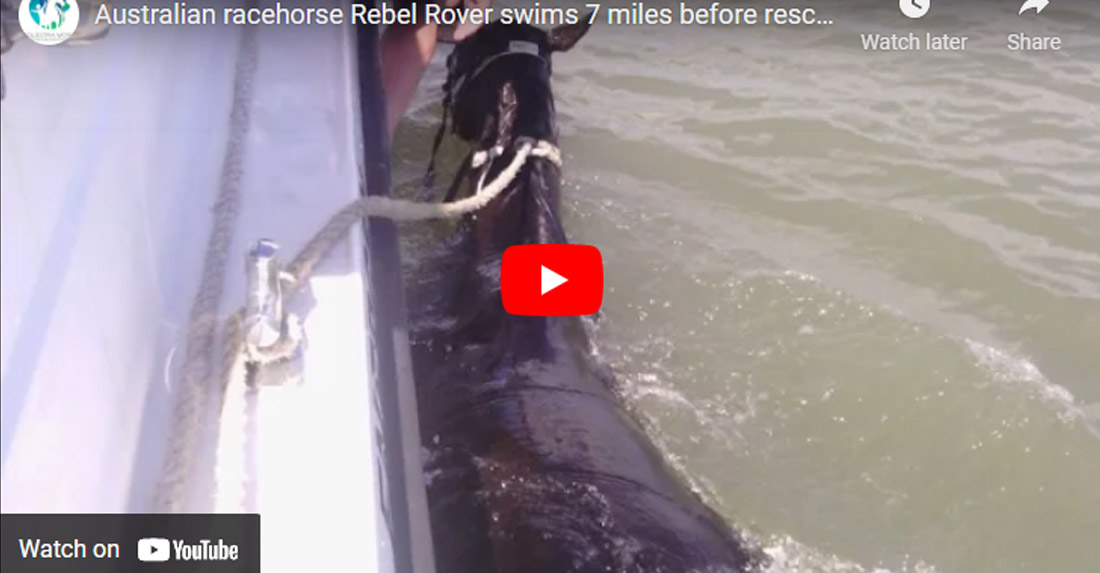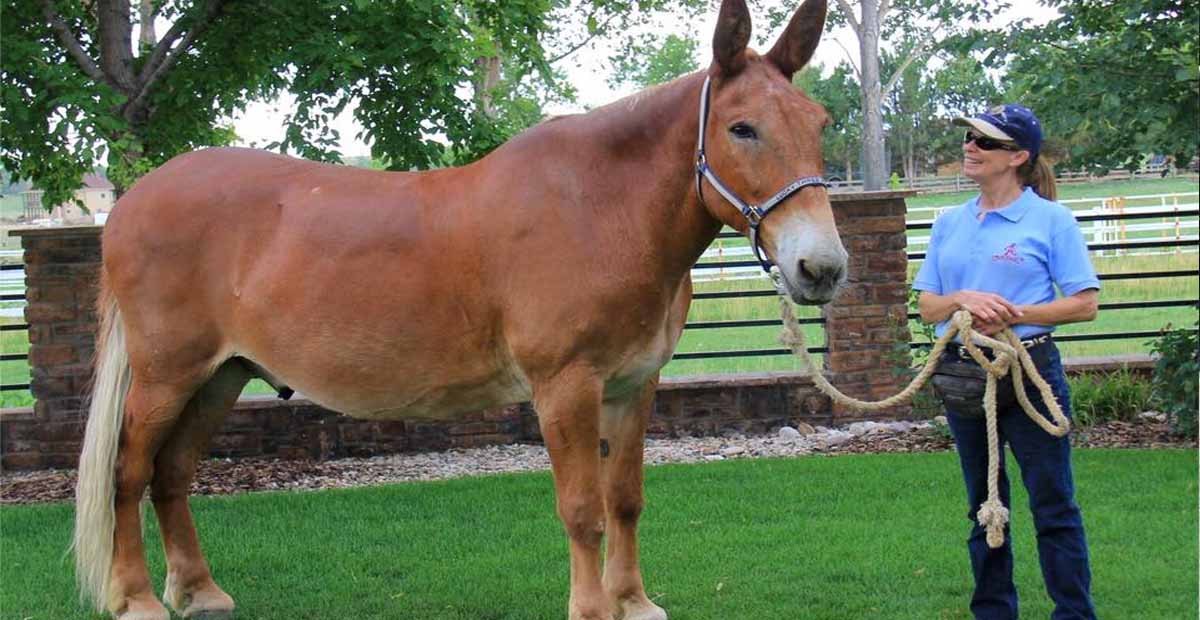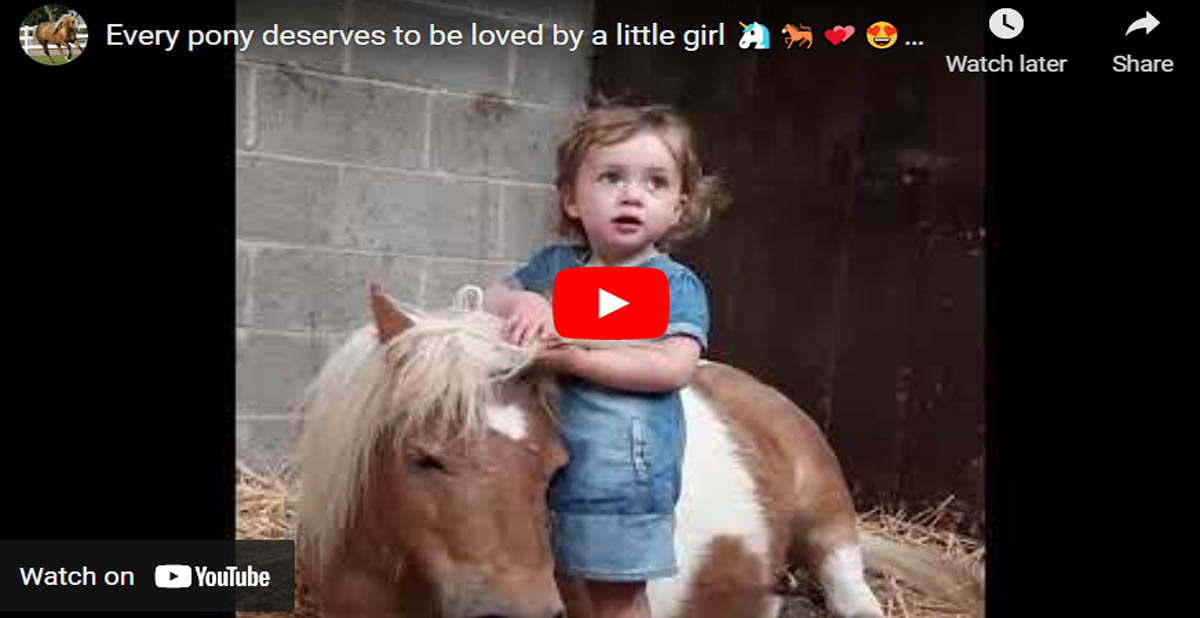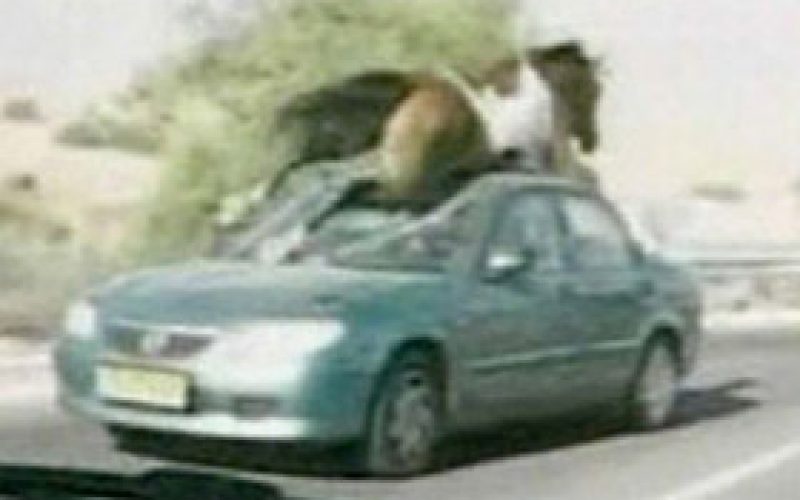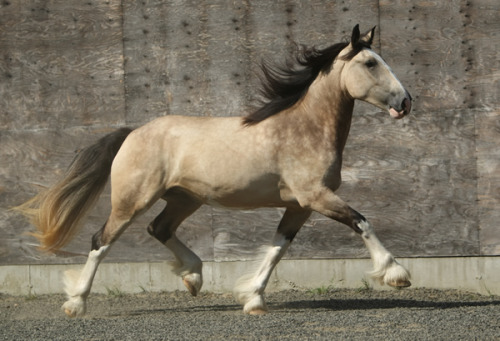Horse Cribbing
Cribbing or crib biting is a compulsive behaviour or `stable vice` seen in some horses. It involves the horse grabbing a solid object, such as the stall door or fence rail, with his incisors, arching his neck, pulling against the object, and sucking in air Cribbing is thought to cause the release of endorphin`s in the horse`s brain, causing a sensation of pleasure A related habit, wood-chewing, does not involve sucking in air; the horse simply gnaws on wood rails or boards as if they were food
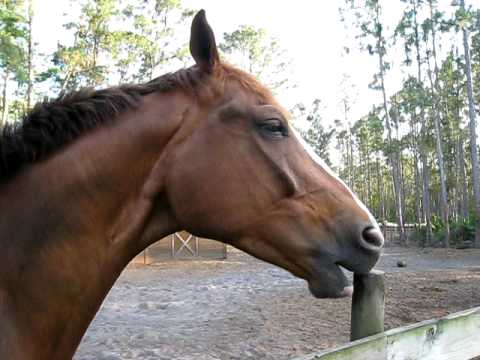 Causes and solutions
Causes and solutions
Cribbing is usually caused by boredom or anxiety, but usually both causes are related to confinement. It is therefore seen most often in horses that are stalled for long periods. Once a confirmed habit, the horse may crib in other places, even out in a grassy field, though extended turnout does, over time, reduce the frequency and intensity of cribbing.Cribbing can be minimised by having the horse wear a `cribbing strap,` a collar-like device that prevents the horse from swelling its neck to suck in air.
Wood chewing is more often linked to simple boredom or to hunger, though there is also a theory that a mineral deficiency may also be a contributing factor. It is seen both in stalled horses and horses kept in fenced areas with little or no pasture. Unlike cribbing, wood chewing can usually be prevented by either covering exposed wood edges with metal or wire, or by painting wood with a bitter substance, such as carbolinium or a commercial `chew stop` product.
While damage to wood caused by the horse grabbing an object with its teeth can be minimized by covering it with metal, doing so will not stop the act of cribbing itself. Painting wood with a bitter tasting substance may stop a horse from developing the habit or stop the habit if caught early, but it has minimal effect on confirmed cribbers.
Problems with cribbing and wood chewing
Cribbing and wood chewing can harm both the horse and the stable. Horses that crib or chew wood will often do considerable property damage by wearing down stall doors, mangers, and fence rails. Horses with these habits may wear down their incisors faster than the teeth can grow out, leading to deterioration of the teeth and malocclusions, which can take years to correct. Tooth problems can lead to other, more serious complications, such as colic. The act of sucking in air while cribbing has been linked to colic, though it has recently been determined that the horse does not actually swallow the air, as was once thought, and air does not collect in the animal`s stomach.
It is possible that horses prone to cribbing also are simply more prone to colic due to the underlying issues that led to the development of the habit in the first place. Horses that simply chew wood rather than crib are also at risk for colic because they will ingest small amounts of wood, which can directly lead to digestive upset.


Cribbing is usually caused by boredom or anxiety, but usually both causes are related to confinement. It is therefore seen most often in horses that are stalled for long periods. Once a confirmed habit, the horse may crib in other places, even out in a grassy field, though extended turnout does, over time, reduce the frequency and intensity of cribbing.Cribbing can be minimised by having the horse wear a `cribbing strap,` a collar-like device that prevents the horse from swelling its neck to suck in air.
Wood chewing is more often linked to simple boredom or to hunger, though there is also a theory that a mineral deficiency may also be a contributing factor. It is seen both in stalled horses and horses kept in fenced areas with little or no pasture. Unlike cribbing, wood chewing can usually be prevented by either covering exposed wood edges with metal or wire, or by painting wood with a bitter substance, such as carbolinium or a commercial `chew stop` product.
While damage to wood caused by the horse grabbing an object with its teeth can be minimized by covering it with metal, doing so will not stop the act of cribbing itself. Painting wood with a bitter tasting substance may stop a horse from developing the habit or stop the habit if caught early, but it has minimal effect on confirmed cribbers.
Problems with cribbing and wood chewing
Cribbing and wood chewing can harm both the horse and the stable. Horses that crib or chew wood will often do considerable property damage by wearing down stall doors, mangers, and fence rails. Horses with these habits may wear down their incisors faster than the teeth can grow out, leading to deterioration of the teeth and malocclusions, which can take years to correct. Tooth problems can lead to other, more serious complications, such as colic. The act of sucking in air while cribbing has been linked to colic, though it has recently been determined that the horse does not actually swallow the air, as was once thought, and air does not collect in the animal`s stomach.
It is possible that horses prone to cribbing also are simply more prone to colic due to the underlying issues that led to the development of the habit in the first place. Horses that simply chew wood rather than crib are also at risk for colic because they will ingest small amounts of wood, which can directly lead to digestive upset.

